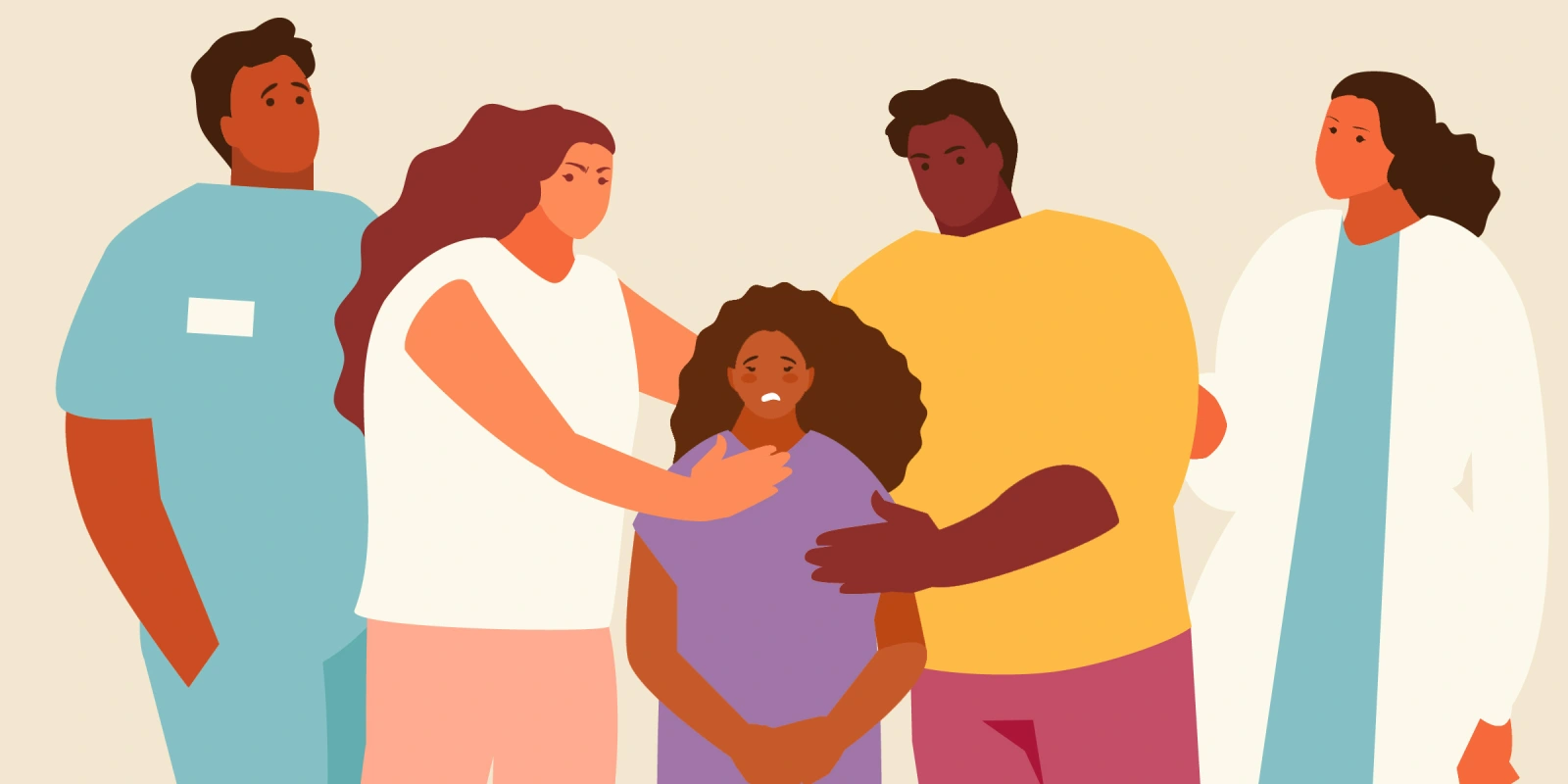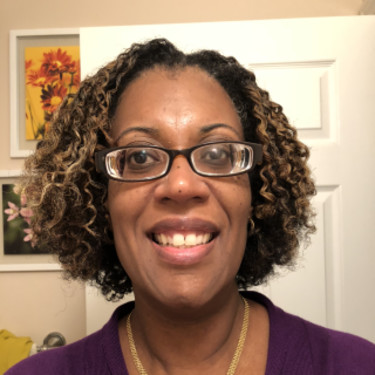I first realized that our children’s mental health crisis hit epidemic proportions when a patient came into my office for a sprained ankle and the mother said, “Oh by the way, she’s been talking about wanting to kill herself.” Our world was slowly emerging from pandemic lockdown. Pediatricians were seeing that the social isolation of COVID-19 negatively affected children’s ability to cope with our “new reality.” As their primary care physicians, we shouldered the burden with them as we were forced to navigate the scarcity of available mental health resources.
I was struggling to deal with the emotional impact of so many children in need, but I realized that I couldn’t be alone in this challenge. Through one of my patient’s moms, a school social worker, I connected with a network of mental health clinicians for children, sponsored by our county’s Department of Behavioral and Community Health. Simply being aware of all the other child-serving professionals doing this work lifted my spirits and yet, I realized that we were doing a poor job at working together. Their clients were telling them that the doctors’ offices did not offer any resources, so the community health workers were making the unfortunate assumption that we (the doctors) weren’t willing to deal with mental health problems. In speaking with these clinicians, I realized how little they knew about the role that pediatricians can play in addressing children’s mental health, if we have adequate resources and support.
As pediatricians, we know that behavioral health is an integral part of our daily practice. Pediatricians are tasked with assessing children for developmental, behavioral, and mental health diagnoses, starting with postpartum depression in new mothers. We screen for autism starting at nine months, for anxiety in elementary school students, and for substance use disorders in adolescents. We refer children with red flags to early intervention programs, public health nurses, mental health counseling, or other therapeutic services.
I was lucky that my last rotation before starting private practice was developmental and behavioral pediatrics. Evaluations for ADHD, autism, and other behavioral disorders were still fresh in my mind, which was fortunate because I would quickly learn that specialists in these areas are a limited commodity, both in our community and nationally. Furthermore, diagnoses often must come from a specialist, not a pediatrician.
In the U.S., there are not enough developmental pediatricians, pediatric neurologists, and child psychiatrists available to serve the number of children who need care. Even with the recent availability of telemedicine services, many parents are unable to access these doctors. Training pediatricians and validating their authority to diagnose and treat mental and behavioral health conditions can keep our children from access to services for months.
Pediatricians don’t undertake this treatment lightly. The American Academy of Pediatrics, which declared a children’s mental health emergency in October 2021, provides a multitude of educational programs and partners with child-serving organizations throughout the country to advocate for our children’s needs. Pediatricians currently entering residency programs have healthy mental and emotional development fully integrated into every stage of their training. Through mental health care access programs like The Reach Institute and through state collaborative services (Project Teach here in New York), primary care and maternal health clinicians can access educational programs and consultation resources for mental health diagnoses.
An increasing number of pediatric offices around the country have integrated behavioral health programs to address their families’ needs for mental health services. Several years ago, my practice began collaborating with Astor Services, our local children’s mental health organization, to have an on-site social worker in our office. Although our training through Project Teach improved our assessment and medical management skills, our doctors are not equipped to do counseling beyond brief interventions. Having a social worker in the office enabled us to do a “warm handoff” to get the child established with behavioral therapy. If any of these children needed medication management (particularly for anxiety or depression), the social worker would refer them back to the pediatrician, reserving the child psychiatrists to evaluate more complex cases.
This can be a challenge for therapists and educators who often feel that a psychiatrist or neurologist would be more skilled at understanding the child’s diagnosis. While many children have behaviors that fall outside the skill of a general pediatrician, it can be frustrating for families when they are forced to seek care from clinicians with less experience than their primary doctor, simply because they work under the specialist umbrella.
I also get frustrated when these clinicians make changes to the child’s care that appear arbitrary rather than reflective of a greater diagnostic acumen. Recently, an ADHD patient of mine saw pediatric psychiatry because his behavior at school had gotten worse. He had always been very sensitive to medication, so at first, I welcomed the specialist input. The specialist who saw him via a limited telemedicine assessment diagnosed him with anxiety, pulled him off his stimulant medications and started an SSRI. Not only was he then beyond hyper, but the new medication also caused severe and worrisome mood changes (even at a low dose). What’s more, the mother couldn’t reach the prescriber by phone or email to express her concerns. I resumed his management and was able to stabilize his symptoms (which never supported the diagnosis of anxiety).
This frustration isn’t just about an overinflated sense of my clinical abilities. My goal is to make sure that my patients and families receive the therapies and support that they need to thrive. General pediatricians are well-equipped to serve children with mental and behavioral health conditions, if we have systems in place that support this care. We need regulations that allow us to diagnose patients without subspecialist input. We need direct communication and collaborative care between school systems and physicians. Integrated behavioral health services within primary care offices needs to be the standard of care with resources to make this financially viable. The only way we will overcome this mental health crisis if we all work together to advocate for our children’s future.
What are your thoughts on pediatricians being heavily involved with mental health?
Dr. Kimberly Clare is a pediatrician in Poughkeepsie, NY. She enjoys reading, crochet, and the New York Times Sunday crossword but her real passion is karate (black belt in Tang Soo Do). Dr. Clare is a 2023–2024 Doximity Op-Med Fellow.
Image by artbesouro / GettyImages







